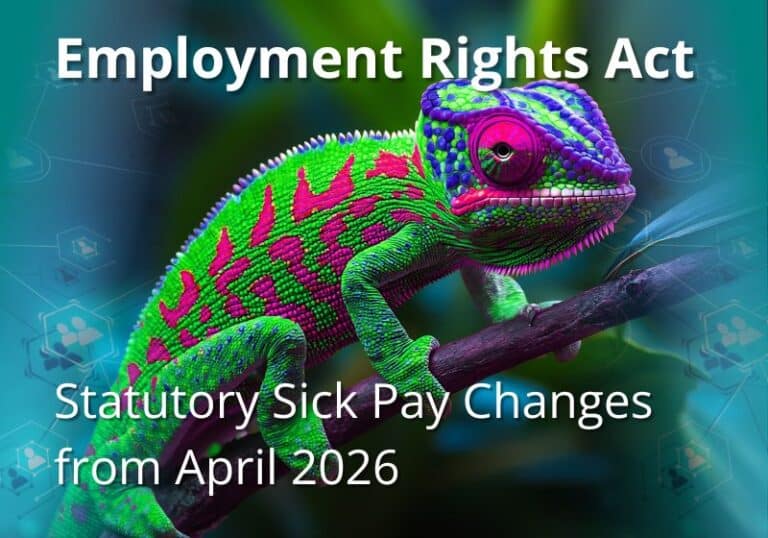November 2025 Employment Rights Bill Update

If you’ve been keeping an eye on the Employment Rights Bill (ERB), you’ll know that it’s been bouncing back and forth between the House of Commons and the House of Lords for some time now. This “ping-pong” is a perfectly normal part of the legislative process when the two Houses struggle to agree on the final shape of a Bill. But for employers trying to plan ahead, it does leave us all watching closely, and waiting.
Key Areas of Disagreement
This week, the House of Lords again rejected several of the government’s proposed amendments, which means we’re still not at the end of this journey. The areas of disagreement remain familiar, and they touch on issues that will significantly influence how businesses operate day to day.
Day-One Unfair Dismissal Rights
One of the biggest sticking points continues to be the proposal for day-one unfair dismissal rights. It’s worth remembering that this was a clear Labour manifesto commitment, forming part of their wider agenda to strengthen worker protections. That political backdrop is important, because it makes it highly unlikely that the government will back down on this point. While the Lords are pushing for a six-month qualifying period, reflecting concerns about the practical impact on employers, particularly smaller businesses, the Commons will almost certainly try to reinstate the original day-one provision when the Bill returns to them. In other words, despite the current back-and-forth, employers should work on the assumption that day-one rights are coming.
Guaranteed Hours Contracts vs Zero-Hours Arrangements
Guaranteed hours contracts, which are planned to replace zero-hours arrangements, also remain under scrutiny. Although there is broad agreement that workers deserve more predictable working patterns, the question is how far that should go. In particular, the Lords and the government continue to disagree on whether employees should be able to opt out of further reviews and new offers of guaranteed hours once the initial reference period has passed. There are also unresolved concerns about how this will work in genuinely seasonal industries. For sectors like hospitality, education, leisure, and agriculture, these details will be vital in determining how workable the new system will be.
Trade Union Political Funds and Industrial Action Thresholds
Trade union political funds are another point of disagreement. The Lords favour a return to the post-2016 position where union members must actively opt in before contributing to political funds. The government, however, remains committed to restoring automatic enrolment. This is one of those areas where the politics and the policy inevitably intertwine, and the difference in views is contributing to the ongoing delay.
Industrial action thresholds are also in play, with the Lords voting to keep the current requirement for at least a 50 per cent turnout in strike ballots. With industrial relations still a prominent issue across several sectors, this remains an area where both Houses take strongly held but differing positions.
What’s Next for the Employment Rights Bill?
As a result of these unresolved areas, the Bill now heads back to the House of Commons. It may not be picked up again until December, and given the political commitment behind several of the disputed provisions, particularly day-one rights, it’s likely we’ll see the government make another firm push to get their original wording reinstated.
Advice for Employers
For employers, the message for now is to stay informed but avoid making premature changes until the Bill’s final form is confirmed. That said, the direction of travel is clear: stronger worker protections, increased predictability in working arrangements, and a greater emphasis on fairness from the very start of the employment relationship.
Once the next Commons debate takes place, I’ll provide another update. And when the Bill finally passes, I’ll break down exactly what employers need to do, and when, so you can prepare with confidence.
If you’re not currently an HR:4UK client and are unsure how the Employment Rights Bill may impact your business, contact us for expert guidance.
Angela Clay
A qualified employment law solicitor and our managing director, Angela has unparalleled legal expertise and decades of experience and knowledge to draw from. She’s a passionate speaker and writer that loves to keep employers updated with upcoming changes to legislation, and is a regular guest speaker on BBC Leicester Radio.




